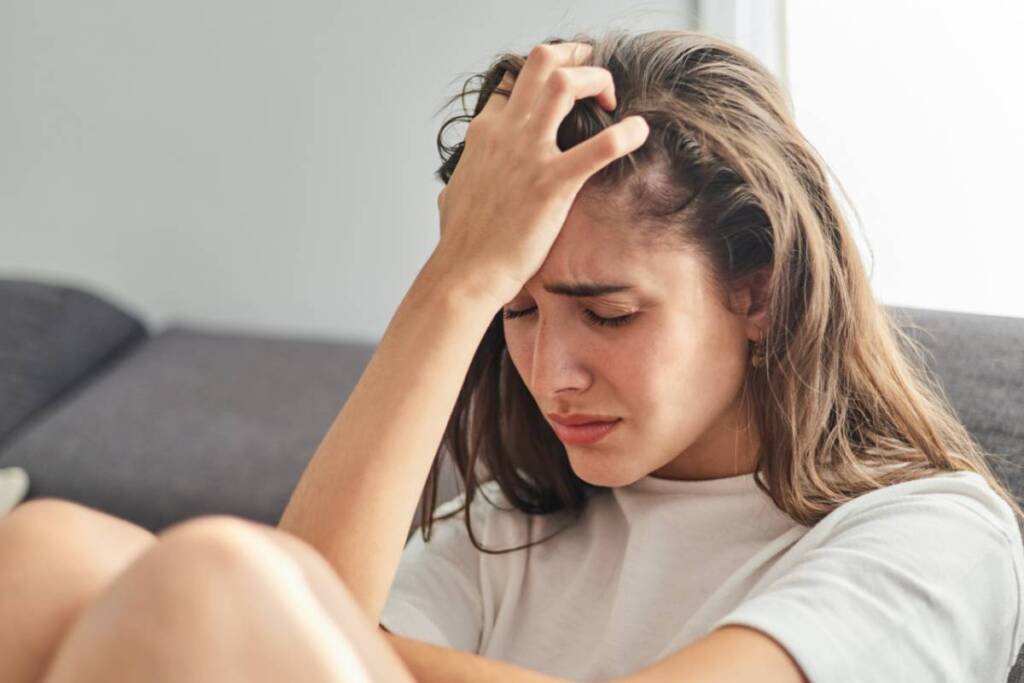Australia made history on July 3rd by becoming the first country to allow psychiatrists to prescribe MDMA, commonly known as ecstasy, for the treatment of post-traumatic stress disorder (PTSD). Additionally, psilocybin, the psychoactive compound found in hallucinogenic mushrooms, can now be administered to individuals with treatment-resistant depression (TRD).
After a rigorous three-year process and extensive consultation with experts, both drugs have been included in the list of approved medicines by the Therapeutic Goods Administration (TGA) in Australia. These drugs have also shown potential for addressing anxiety, anorexia, and substance addiction.
While Canada and Israel permit compassionate use of these drugs or allow them in clinical trials, Australia is the first country to regulate MDMA and psilocybin as medications that can be prescribed by authorized psychiatrists.
The decision to legalize these drugs was announced in February of this year and, although surprising to some, it has been welcomed by others. Chris Langmead, deputy director of the Neuro Medicines Discovery Centre at the Monash Institute of Pharmaceutical Sciences, highlighted the lack of significant advancements in the treatment of persistent mental health issues over the past five decades.
These progressive developments are not limited to Oceania. Oregon became the first state in the United States to legalize the adult use of psilocybin, and Colorado decriminalized the drug last year. In fact, the US Food and Drug Administration (FDA) recognized psilocybin as a “breakthrough therapy” as early as 2018.
Moreover, just last month, the FDA released draft guidance on the design of clinical trials for testing psychedelic drugs as potential treatments for various medical conditions.
However, without final determination from the FDA, the American Psychiatric Association has not yet endorsed these drugs, and it is widely acknowledged in both the US and Australia that more research is needed to assess their efficacy and safety, considering their potential to induce hallucinations. Tiffany Farchione, the director of psychiatry at the FDA, stated that these substances are still considered investigational products.
A Phase II trial conducted by Compass Pathways and published in the New England Journal of Medicine late last year demonstrated that a 25 mg dose of psilocybin was twice as effective as a 1 mg dose in combating TRD. However, significant side effects were noted.
“There are concerns that evidence remains inadequate and moving to clinical service is premature [and] that incompetent or poorly-equipped clinicians could flood the space”.
– Dr Paul Liknaitzky, head of Monash University’s Clinical Psychedelic Lab
Another concern is the affordability of these treatments for the majority of individuals. In Australia, the drugs are estimated to cost around AUS$10,000 (approximately £5,200) per patient.
According to the World Health Organization (WHO), among the 280 million people worldwide living with depression, one-third suffer from TRD, where their depression symptoms do not improve with standard first and second-line treatments.





























